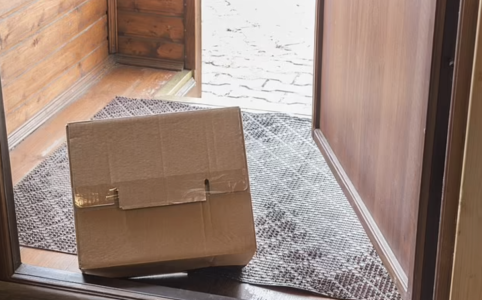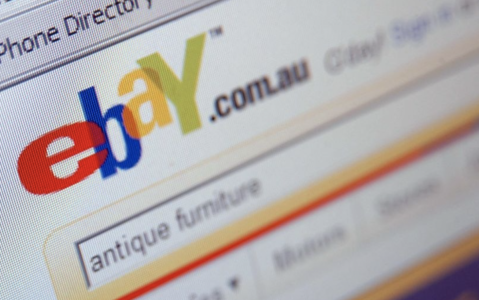SDC Rewards Member
Upgrade yours now
Beware! If you've received a mystery package in the mail, you could be the victim of a 'brushing' scam
As more and more Aussie consumers become comfortable with online shopping, cybercriminals are also growing more sophisticated and are finding new ways to commit crimes.
Members, have you ever come home to find a package on your doorstep that you didn't order? If so, beware! You may be the victim of a so-called 'brushing' scam.

With the 'brushing' scam, sellers use random strangers' personal information to leave fake positive reviews on their products. Credit: Shutterstock/Pavel Chepelev.
For those who don't know, brushing is an online scam where vendors 'sell' their products to themselves but actually ship them to real people's addresses.
They do this in order to leave false reviews of their products on e-commerce sites and positively distort their store's ratings.
Vendors usually send light and low-end products from their stores to unsuspecting victims. These items are sent without the victim's knowledge or consent and typically arrive unannounced in the mail.
The scams have been around for a while now, but they boomed during the COVID-19 pandemic as online shopping exploded in popularity. With more people shopping online than ever before, scammers saw an opportunity to take advantage of unsuspecting consumers.

Using an actual person's name makes the review seem more legitimate and helps a seller's items appear more popular and in demand. Credit: Shutterstock/Adwo.
This is how these frauds typically go down: On online marketplaces like Amazon and eBay, third-party vendors employ both real and phoney reviewers to boost their sales.
But to be able to post the reviews, these so-called 'brushers' have to trick the site into thinking that a real transaction took place.
So, they'll create a false identity and order the item online, sending them to a complete stranger whose name and address they found on the web (often in the wake of data breaches like the recent Optus incident).
However, instead of actually delivering the product they want to leave a review for, the scammer will send an inexpensive, frequently lightweight, item that costs less to ship.
When an item is sent—even the wrong one—a tracking number is generated, which allows brushers to post a verified review once the delivery has arrived at the random stranger's address.
Key Takeaways
- A new online scam called 'brushing' has emerged in which vendors 'sell' their products to themselves and ship them to real people's addresses in order to leave positive reviews and distort their store's ratings.
- The scam has boomed during the COVID-19 pandemic as online shopping has exploded in popularity.
- The scammers typically find or purchase the victim's details following data breaches (such as the recent Optus data breach).
'I received two rings in the mail. I didn't order them, but it was addressed to me with the correct name and address,' said one user from Queensland in a Facebook post.
Many more people agreed and reported that they had also received similar products and that it had happened not just once but two or three times already.

While getting free stuff sounds great, it comes at the cost of your privacy and personal data. Credit: ABC News/Giulio Saggin.
While it may seem harmless at first glance (getting free stuff sounds great, after all), there is a very real risk that your personal information could be used for identity theft if you're unlucky enough to be targeted by one of these scammers.
Personal information is gold to identity thieves.
They can use it to gain access to your financial accounts, open new ones in your name, apply for loans, syphon off your retirement funds, and even create fictitious social media profiles to harass and bully others.
Receiving one of these mysterious packages is a sign that someone out there has your information. It may only be your name and address; however, it could be most sinister and urgent such as your online bank account or passport. They could use this information to apply for things such as loans and credit cards in your name or could even sell it to further scammers.
In the same vein, these brushing scams show us that we need to be more careful when reading feedback on products sold online, now that we know those reviews might not be true or come from real buyers.
So if you've received a mystery package in the mail that you didn't order, send a complaint to the marketplace from which you obtained it (e.g., Amazon) if you suspect brushing.
Tip
Keep your guard up by monitoring online resources, such as the Scam Watch forum on the SDC website, for reports of similar frauds and schemes.
The Australian Competition & Consumer Commission advises contacting your bank, financial institution, or other relevant agencies if you think a scammer has your account information, passport, tax file number, driver's licence, Medicare number, or other personal identification information.
What do you think about this, folks? Have you ever had a random package delivered to your address? Let us know in the comments!





